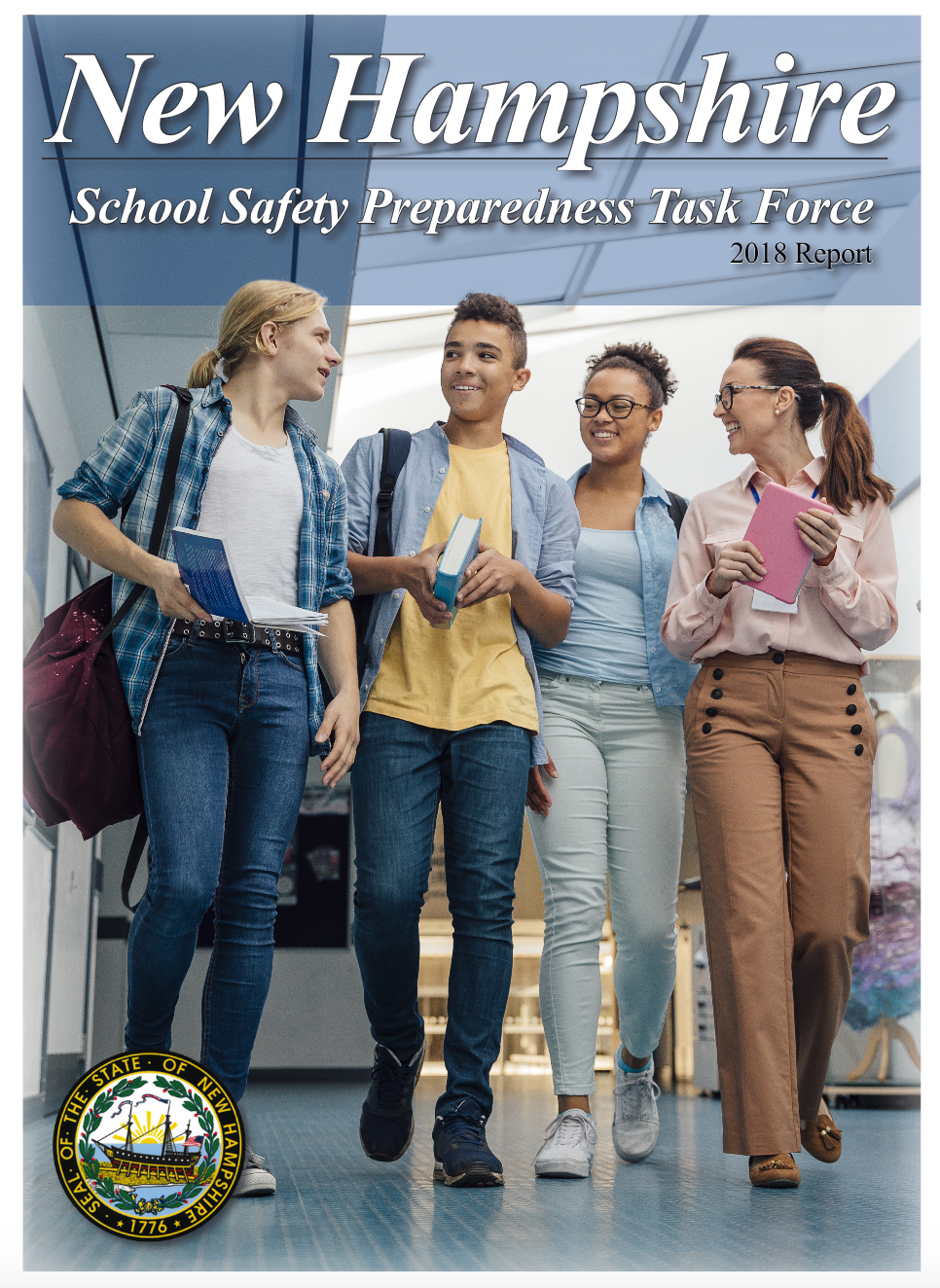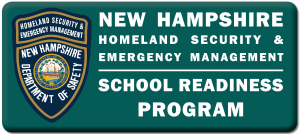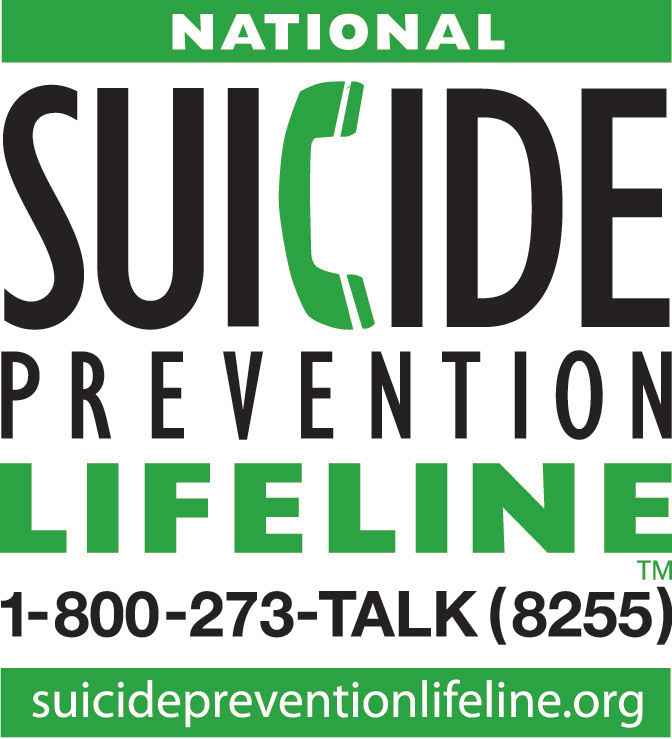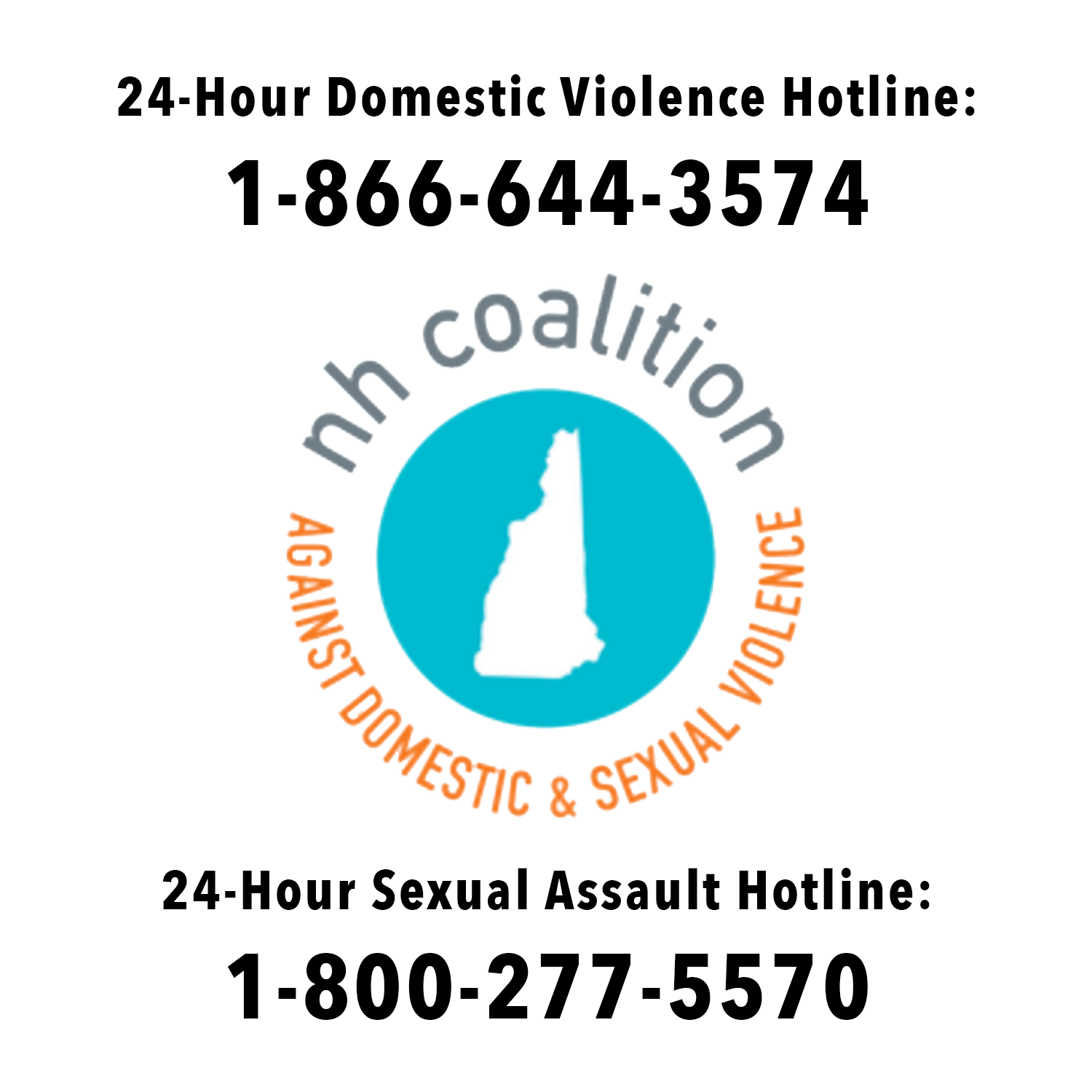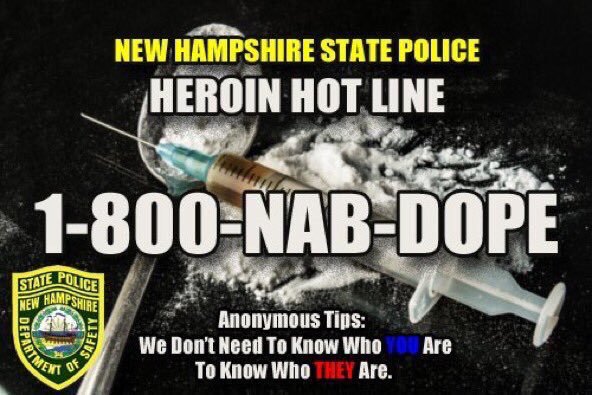Strategies, Programs, and Practices to Consider Effective suicide prevention is comprehensive: it requires a combination of efforts that work together to address different aspects of the problem. The model above shows nine strategies that form a comprehensive approach to suicide prevention and mental health promotion. Each strategy is a broad goal that can be advanced through …
Tag: DHHS
NH Department of Health and Human Services
NH Senate Bill 11: Relative to “relative to mental health services and making appropriations therefor.” (NH Senate) [January 2019]
SENATE BILL 11 AN ACT relative to mental health services and making appropriations therefor. SPONSORS: Sen. Sherman, Dist 24; Sen. Rosenwald, Dist 13; Sen. Chandley, Dist 11; Sen. Levesque, Dist 12; Sen. Cavanaugh, Dist 16; Sen. Dietsch, Dist 9; Sen. Morgan, Dist 23; Sen. Kahn, Dist 10; Sen. Watters, Dist 4; Sen. Fuller Clark, Dist …
Recommendation 7
Recommendation 7: Develop a threat assessment task force at the community or district level that engages the local public health network, including an intervention and reporting protocol that evaluates students quickly and efficiently and provides a plan to help appropriately return students to school.
Recommendation 8
Recommendation 8: Increase and promote evidence-based best practice suicide prevention training in schools to provide school staff with the knowledge and skills to recognize individuals at risk, and connect that individual with help. All schools should have specific protocols in place for responding to an individual who is suicidal and for responding to a suicide …
Recommendation 10
Recommendation 10: Increase existing available mental health resources (e.g., Community Mental Health Centers, or by engaging Public Health Networks) to increase the capacity of services and decrease wait times.
Recommendation 11
Recommendation 11: Following a critical school incident, school administrators should consult with the New Hampshire Disaster Behavioral Health Coordinator to ensure an appropriate and trauma-informed post incident response.
Recommendation 24
Recommendation 24: All school staff and students, including part-time staff, full-time staff, contracted staff and services, coaches, bus drivers, and volunteers should receive training to recognize: 1) behavioral warning signs and pre-incident indicators, and 2) the appropriate steps to evaluate the behavior, provide services, and alert appropriate stakeholders. School staff should receive the training during …
Recommendation 25
Recommendation 25: All school staff and students, including part-time staff, full-time staff, contracted staff and coaches should receive crisis training that is age appropriate for the students and addresses the mental, emotional, and physiological responses they will experience during the onset of a crisis and how to respond to those experiences in a manner that …

